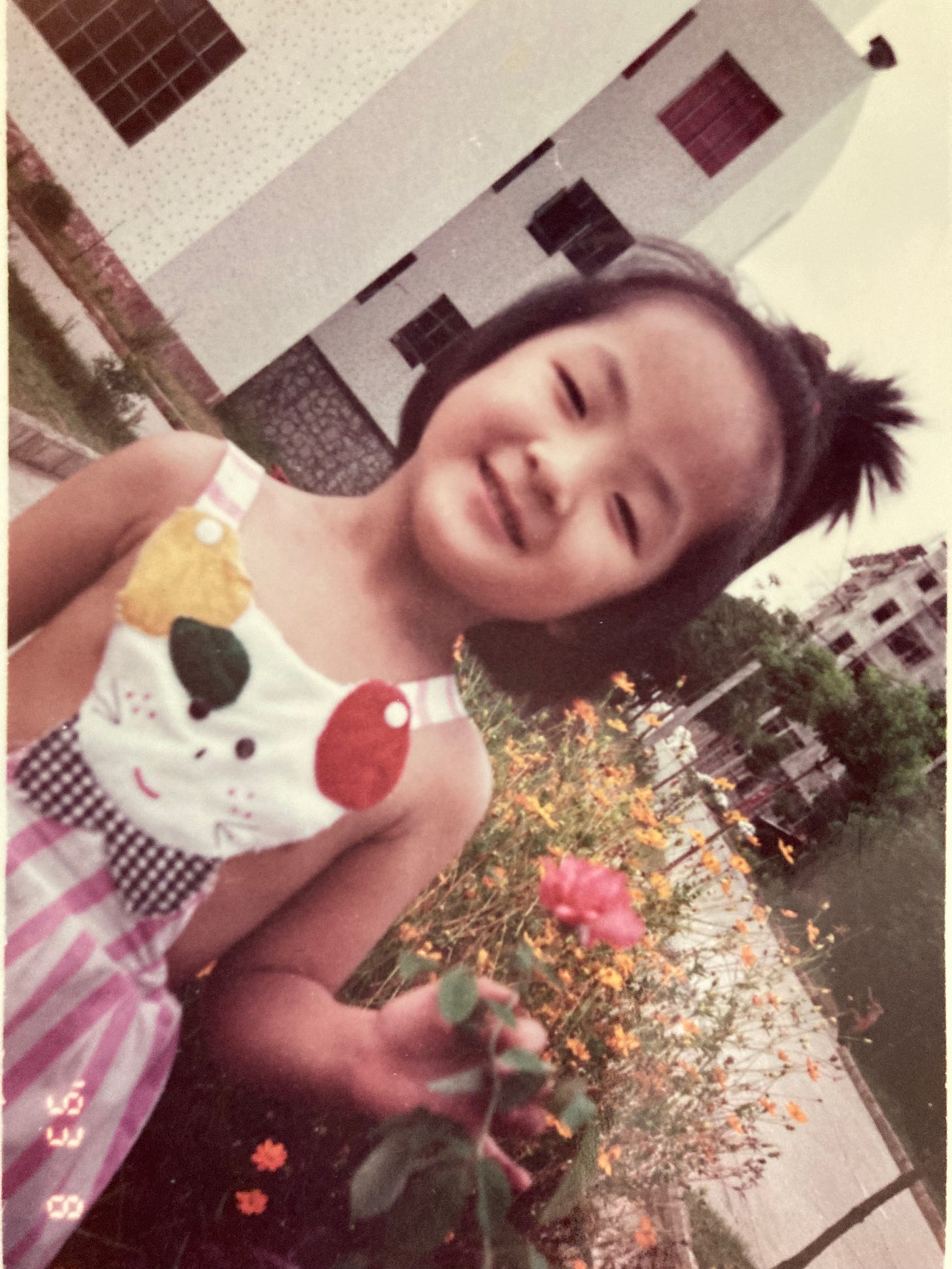Food writing, and being a forever student.
On a return to self.
Hello. It’s been a while.
Around this time last year, I cast a vote for the person I’ve always wanted to be and went freelance. It’s been a chaotic and wonderful year: I’ve written about lifelong fascinations and hosted dream workshops, become reacquainted with myself and grown the community around me. I have felt the textures of my most deep-set fears and the vertiginous sway of freedom. And I have, on more than one occasion, been bowled over by a feeling of gratitude of such velocity it was near unbearable. What I haven’t done much is cook, which explains the dormancy, I hope.
This week I signed up for a food writing workshop, and it instantly made me miss food. More importantly, it made me miss the person I am, the intellectual and emotional settings that turn on like a light switch, when I am thinking about food. It feels like a resting state, or a learned muscle memory—the way a dancer naturally assumes their stance, or a chef wipes away every spill and leak with the same swish of the wrist. Like second nature.

One of the prompts in class was to think about your food origin story. My mind went blank, grasping for the seminal moment or definitive figure who defined my relationship to food. Instead, the answer floats to the surface of my memory in bits and pieces, lessons gathered from a lifetime of being an eater, reader, observer—and from a love for those whose natural stance is to teach.
My grandfather taught me that good things grow—and should be savored—with attention.
My father taught me to make the dumpling wrappers by feel, adding water as I go, beating the dough until it’s elastic and toothsome.
Pier-Yves taught me to wipe my thumb along the inside edge of every cracked egg to get the dregs, and that for each dozen, you get one extra.
Anthony Bourdain taught me that food is never just about food but the stories they carry. That if we drop our bullshit and take a seat at the table, we’ll be served some lessons about each other and ourselves. That we should always try something once.
Alison Roman taught me that a few ingredients used strategically, messily, can provide as much emotional reward as an intricate, technical production.
Fuchsia Dunlop taught me how to cure my homesickness.
Eric taught me to think about food as a relationship: between those who share a meal together, between the culture of origin and the end consumer, between humans and the land.
Lucas taught me to understand the purpose of each ingredient, each action, each decisive push as a building block of flavour, and that between all of these blocks are the invisible strings of culture and heritage.
Suresh taught me to look beyond the bright lights and into the periphery, because that’s where the most honest cooking can be found. (And also how to pick a great mangosteen: by pressing into the purple and seeing if it gives.)
Eva taught me that there is a purity to our nostalgia that transcends time and place—that the dishes you miss can be entirely substituted with local ingredients and updated techniques and still maintain that familiar grasp on your throat.
You can’t love food without loving people. That I'm sure of.
About five years into my career in advertising, one of the creative directors I worked with asked if I wanted to teach a writing course. I said no immediately, with an uncharacteristic certainty. He asked me why. “Because I’m still learning,” I said.
My god, I hope that conviction stays with me forever.
Until next time,
Tracy

Good to have you back, Tracy!